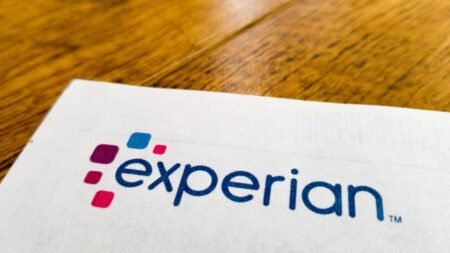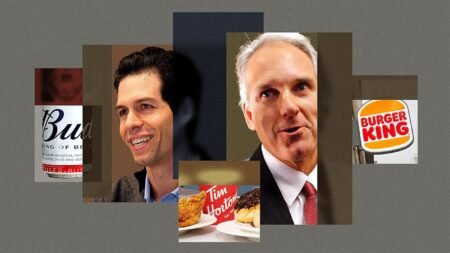United Airlines reported strong earnings for the third quarter and is expecting to earn an adjusted $2.50 to $3 a share in the fourth quarter, higher than the $2 a share earned a year earlier. The airline also announced a $1.5 billion share buyback program, its first since before the Covid-19 pandemic. This comes after U.S. airlines received over $50 billion in government aid during the pandemic, which prohibited share repurchases and dividends. Southwest Airlines also recently announced a $2.5 billion share buyback program.
For the third quarter, United reported revenue of $14.84 billion, which was up 2.5% from a year earlier and higher than analyst estimates. The airline posted net income of $965 million, a 15% decrease from the previous year. United’s domestic unit revenue was positive in August and September compared to last year as airlines reduced flights that were impacting fares. Adjusted earnings per share came in at $3.33, exceeding Wall Street’s expectations and United’s own estimate from July.
United CEO Scott Kirby emphasized that investing in their people and business remains a top priority, despite the share buyback program. The buyback program is considered a strategic move following the airline’s positive financial performance. The airline industry has been facing challenges due to the pandemic, and United’s strong earnings and forecast for the fourth quarter indicate a positive turnaround for the carrier. Kirby assured employees that both people and business investments would continue alongside the share repurchase program.
Airline executives are set to hold a call with analysts to discuss their results and future outlook. Questions about end-of-year demand, projections for 2025, and production issues faced by Boeing, due to a machinist strike, are expected to be addressed. United’s ability to navigate these challenges, maintain financial stability, and invest in growth will likely be key topics of discussion. The airline’s performance during the busy summer travel season and positive outlook for the fourth quarter demonstrate its resilience and adaptability amid ongoing industry changes.











